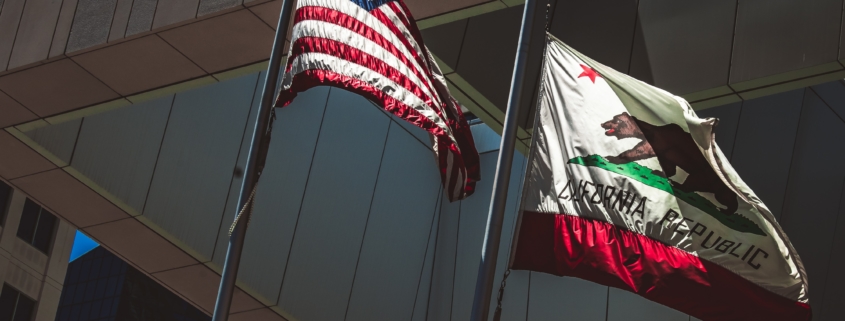California Bill to Substantially Increase the Homestead Exemption Goes to Governor Newsom for Signing (AB 1885)
With all the craziness around eviction moratoriums, COVID-19, and election politics dominating the headlines, the California legislature quietly passed AB 1885 (its Senate Corollary was SB 832) on Tuesday, September 2nd. AB 1885 increases the California homestead to the greater of $300,000 or the countywide median sale price of a single-family home in the calendar year prior to the year in which the judgement debtor claims the exemption, not to exceed $600,000. As a frame of reference, the following are projections for a few of California’s major metropolitan areas:
- San Diego County: $600,000 (estimated $628,500 Median)
- Los Angeles County: $600,000 (estimated $664,500 Median)
- San Francisco County: $600,000 (estimated $1,444,000 Median)
- Riverside County: $400,500
The homestead exemption protects the value of a homeowner’s home in the event of a bankruptcy or a judgment creditor enforcing a judgment. The exemption provides that a specified portion of equity in a homestead, as defined, is exempt from the execution to satisfy such debts. However, the exemption does not protect against voluntary liens, such as a deed of trust or even a homeowner’s association lien. In addition, federal and state tax liens are generally not subject to any homestead protections. Depending on certain characteristics of the homestead’s residents, the law currently prescribes that the amount of the homestead exemption is either $75,000, $100,000 or $175,000—a stark difference from the potential $600,000 exemption now permitted under new AB 1885.
Proponents of AB 1885 argue that the current homestead standards are designed for an era when properties were simply worth less. The California homestead exemption protected almost the full value of a median priced home 45 years ago; but, today the homestead exemption covers barely 15%. Also, many other states with much lower home costs have far higher exemption amounts, with 8 states providing their homeowners with an unlimited exemption. Finally, proponents argue that COVID-19 mandates higher exemptions because a higher exemption will allow for individuals, who would otherwise lose their homes, to access bankruptcy relief during this economic disaster.
Creditors’ rights advocates argue that increasing the homestead exemption six-fold for most Californians is unwarranted and the product of political pandering during a once in a lifetime pandemic. While most opponents do not dispute that the homestead exemptions are outdated, they push for a graduated increase that is less severe and that takes age and disabilities into account.
Regardless of your opinion, this bill is sitting on Governor Newsom’s desk and is expected to be signed into law. If signed, the bill is likely to be effective on January 1, 2021; however, there may be procedural mechanisms for the Governor to make it effective immediately.
If you’d like to weigh in on this signature, now is the time. Send your emails to the governor at leg.unit@gov.ca.gov.










